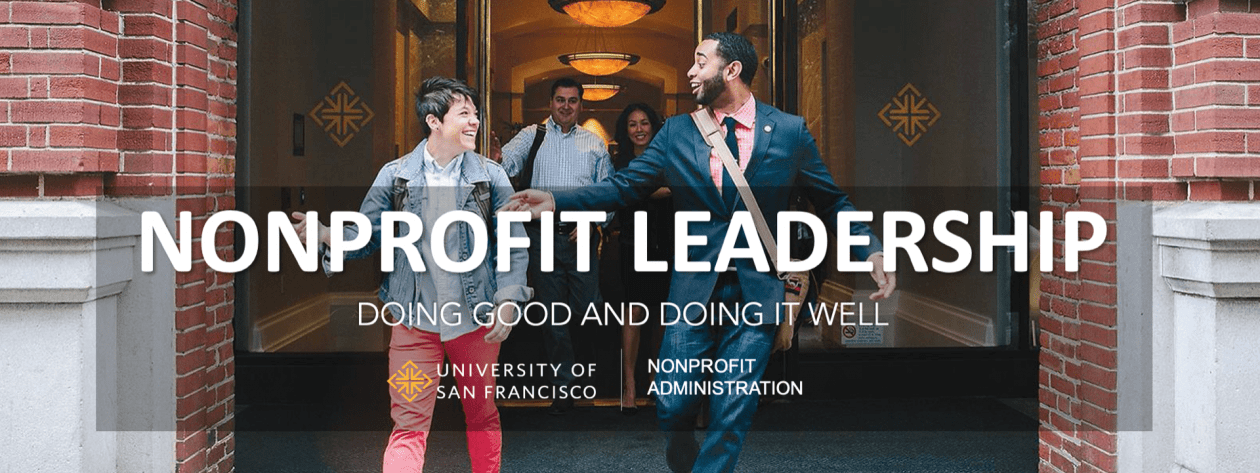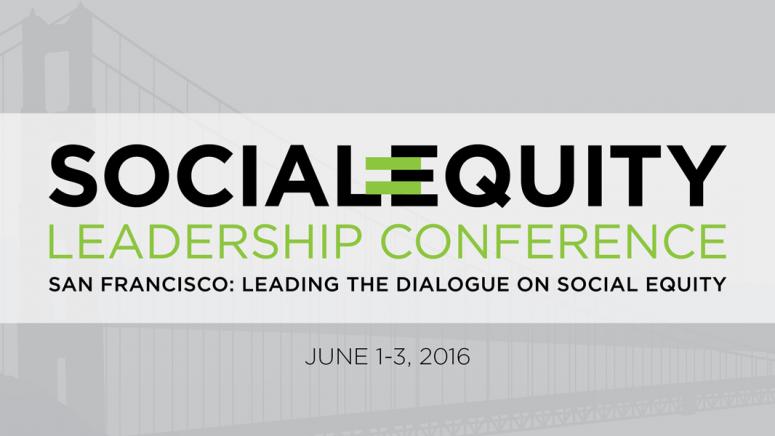The University of San Francisco is hosting the Social Equity Leadership Conference (SELC) on June 1-3, 2016. Established by National Academy of Public Administration (NAPA), the Social Equity Leadership Conference is focused on advancing the knowledge and understanding of applied and theoretical research toward the promotion of social equity in governance. Nonprofits and the Third Sector are not exempt from the challenges and opportunities to advance social equity in the communities they serve and in the representations of their own organizations.
The papers presented represent many issues related to racial equality, gender inclusion, economic integration, access and justice. These topics are some of the main concerns of nonprofit organizations (NPOs). NPOs are on the forefront of addressing systemic issues related to various aspects of life and dignity in our societies. They do so though their advocacy work and by reminding us all that service and compassion are not enough to produce those systemic changes needed to address injustices generated by our socio-economic systems. But NPOs are also not exempt from looking inward and promoting social equity within the organizational structure and leadership compositions of our boards. Many NPOs still fail to promote more inclusive organizations, especially in nonprofit leadership that is still not diverse enough to represent clients and served communities.
The MNA program at USF takes these issues for social equity and racial diversity to heart by welcoming critical thinking and uncomfortable discussions about diversity, inclusion, access and inequality. We cannot change what we do not recognize as an issue and we cannot manage what we cannot identify and measure. Our Nonprofit Ethical Leadership course – a foundation course in the MNA program along with Strategic Board Governance – centers the discussion on these issues through cases, statistics and ethical decision making exercises. We discuss and reflect about how NPOs must promote equity from within. We compare our organizations and reflect on how promoting board diversity is not just politically correct – but essential for achieving effectiveness in our social missions.
On the one hand, racial, ethnic, political, and disciplinary diversity needs to be promoted and better integrated in our NPOs. On the other hand, economic inequality and privileged opportunities needs to be dissipated, accounted and transformed in order to guarantee that our mission reflects our practice. While nonprofits are becoming more efficient in their managerial and business practices they cannot lose sight of their social representation and social accountability for the common good. Unfortunately, the controversies regarding top salaries of nonprofit CEOs and EDs often reflect the extreme inequalities we see in not-so-conscious capitalist societies and unsatisfied self-serving leaders. This is unfortunately evident in underpaid nonprofit workers. It is also evident regarding gender gaps and women who lead and excel in every aspect of the nonprofit sector – except pay.
Nonprofits are active in denouncing extreme poverty – both locally and globally. But because of their donor-dependency for funding they fall short in denouncing extreme wealth. This is a factor that often makes nonprofits both a solution to the consequences of inequalities but also part of the problem. As they advance their strategies for fundraising they also must work to recognize and transform the extreme (systemic) inequities of our society.
Learn more through these studies and links:

